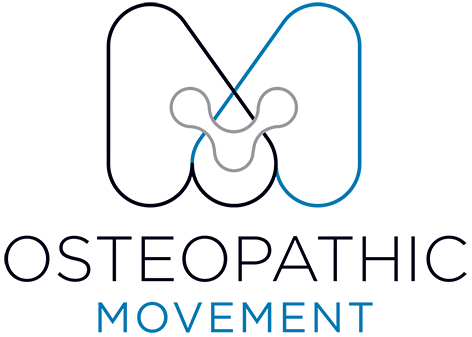The Importance of the Gut in Whole Body Health
The Link Between Gut Health, Pain, and Whole-Body Wellbeing
This blog is a long one — but an important one. It ties into our previous post on the importance of good sleep for overall health and wellbeing.
As osteopaths, we primarily treat musculoskeletal pain — discomfort affecting the muscles, joints, bones, ligaments, and tendons. But at Osteopathic Movement, we take a holistic approach. We don’t just focus on where it hurts — we look at the whole person and explore what might be contributing to your pain and overall health.
Looking Beyond the Muscles and Joints
Pain is not a one-dimensional experience. Your pain systems are incredibly complex and influenced by your physical body, mental state, lifestyle, and environment.
When we assess a patient, we consider:
Your work and daily posture
Family and life responsibilities
Levels of stress and emotional wellbeing
Beliefs about pain and recovery
Physical activity levels
Nutrition and hydration habits
Understanding all of these factors helps us determine why pain may persist — and how to help your body recover.
How Organ Health Can Influence Musculoskeletal Pain
Sometimes pain felt in the muscles or joints may actually be referred pain from an internal organ.
For example:
A kidney infection can cause deep pain around the lower ribs or flanks.
Shingles can begin with back pain before the rash appears.
Heart-related pain may radiate down the left arm or into the chest.
But organ dysfunction can also affect the musculoskeletal system more subtly — especially through the gut.
The Gut–Body Connection
Your gut health is fundamental to your overall wellbeing — including your pain levels, energy, and recovery.
The gut microbiome (your collection of healthy gut bacteria) plays a vital role in:
Digesting nutrients
Supporting immune and hormonal balance
Preventing infection from harmful bacteria
Regulating energy and weight
Managing inflammation throughout the body
An imbalance in this system, known as dysbiosis, can contribute to fatigue, headaches, bloating, mood changes, and even musculoskeletal pain.
If your gut flora is unhealthy, you are more likely to experience chronic tension, inflammation, and pain sensitivity.
Common Gut-Related Conditions
People with conditions such as IBS (Irritable Bowel Syndrome), leaky gut, Crohn’s disease, ulcerative colitis, reflux (GORD), or food intolerances (e.g., gluten or dairy) often report co-existing issues such as:
Fatigue or brain fog
Headaches
Gas and bloating
Muscle and joint aches
Mood changes or low energy
How Modern Lifestyles Disrupt Gut Health
Several lifestyle and environmental factors can negatively affect your gut flora, including:
Medications – such as antibiotics, antacids, anti-inflammatories, painkillers, and the oral contraceptive pill
Dietary habits – high intake of sugar, alcohol, soy, dairy, gluten, or artificial additives
Stress and poor sleep – which alter gut–brain communication
Environmental toxins – including chemicals found in some skincare and cleaning products
Even short-term use of painkillers or anti-inflammatories for musculoskeletal pain can disturb the balance of healthy gut bacteria, making it harder for your body to heal and regulate inflammation naturally.
Osteopathy and the Holistic Approach to Health
As osteopaths, we recognise that your musculoskeletal system, nervous system, and digestive system are deeply interconnected. Poor gut health can contribute to inflammation, reduced nutrient absorption, and greater pain sensitivity — which in turn affect how your body moves and recovers.
By addressing posture, movement, and stress alongside diet and gut health, osteopathic treatment supports the whole person — not just the site of pain.
Simple Ways to Support Your Gut Health
Here are some practical, evidence-informed steps to improve gut health and reduce inflammation:
Avoid antibiotics unless medically necessary.
Limit sugar, alcohol, soy, artificial sweeteners, and heavily processed foods.
Eat plenty of fresh vegetables and fermented foods like sauerkraut and kimchi.
Use a chlorine filter for tap water.
Choose skincare and hair products with natural ingredients.
Discuss probiotic use with your healthcare provider.
Prioritise quality sleep and stress management through relaxation or mindfulness.
Small, sustainable changes can make a big difference to both your digestive and musculoskeletal health.
If you’re struggling with persistent pain, fatigue, or gut-related discomfort, our experienced South Yarra osteopaths at Osteopathic Movement can help. We provide evidence-based osteopathic care and holistic management plans to improve your movement, gut health, and overall wellbeing. Book your appointment online or contact us today.
Written By Dr. Dayne Sweres (B.AppSci(CompMed), M.Osteo)
